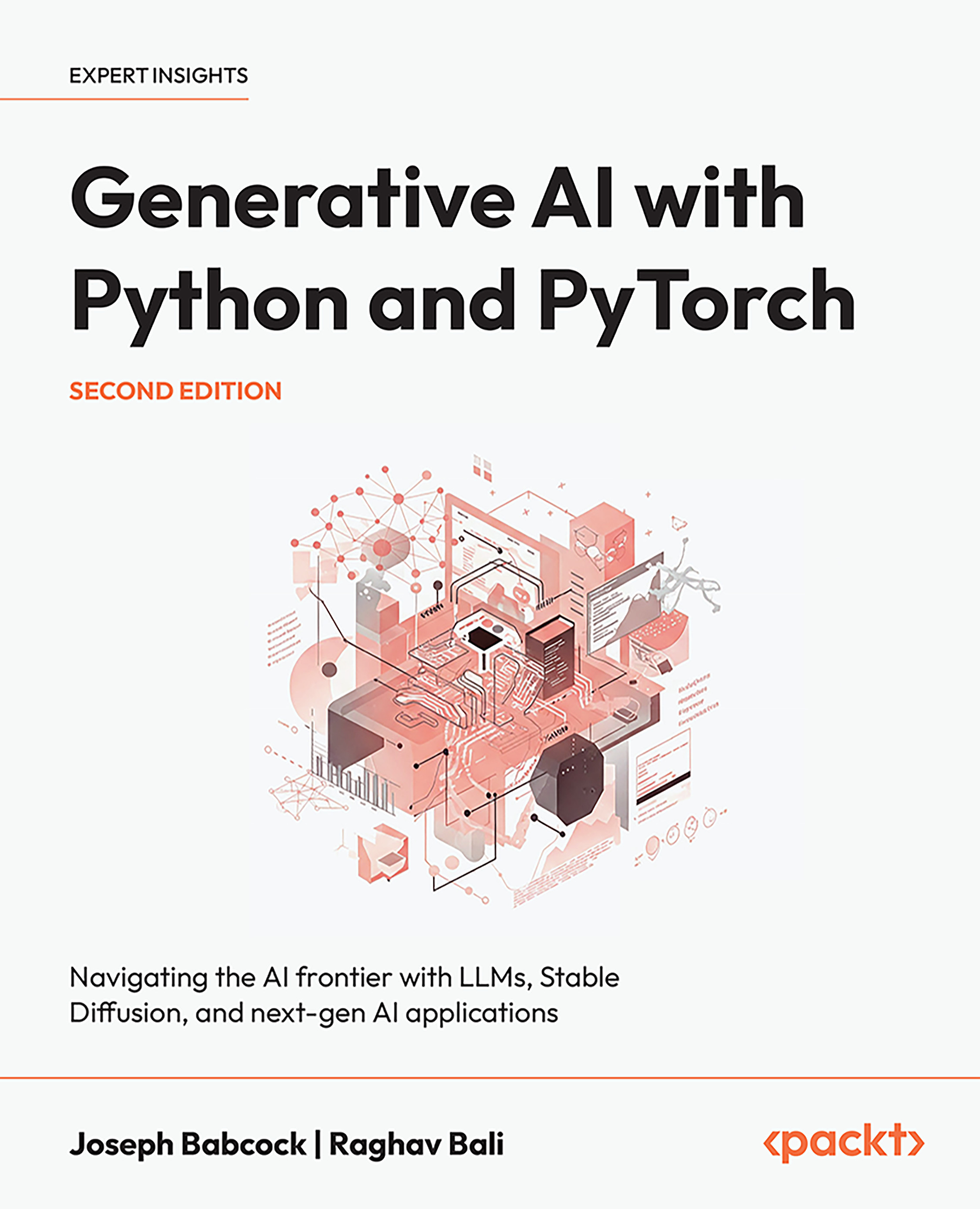More data-driven companies (63%) are optimistic about the future health of their business in the next six months than non data-driven companies (37%). This is the most notable finding we uncovered in a recent study conducted in conjunction with YouGov, which surveyed more than 2,500 medium level managers or higher and IT decision makers across four markets in Asia Pacific (Singapore, Australia, India and Japan).
Business leaders across various industries were questioned about their use of data during the pandemic, lessons learnt and confidence in the future health of their organisation. Overwhelmingly, we found that data-driven organisations are more resilient and confident during the pandemic, and this is what fuels the optimism for the future health of their business. 82 percent of data-driven companies in APJ have reported critical business advantages during the pandemic. The findings show multiple and vast benefits when organisations tap on data:
● being able to make strategic business decisions faster (54%)
● more effective communication with stakeholders (54%)
● increased cross-team collaboration (51%) and
● making their business more agile (46%)
Bank Mandiri, one of the leading financial institutions in Indonesia, is a great example of such data-driven organisations. Data enabled the bank to quickly gain visibility on the evolving situation, and respond in accordance to ensure business continuity for its customers.
At the height of the pandemic when many of its customers began facing cash flow problems, the bank tapped into data sources, built data squads and created key dashboards focused on real-time liquidity monitoring and a law restructuring programme, all within a matter of 48 hours. The Tableau solution allowed Bank Mandiri to increase flexibility in their operations, and customers’ suitability for their new loan restructuring program. In doing so, they could ensure that customers still carry out their financial transactions and receive support on their financial and loan repayment needs.
What is troubling is that across the region, there remains a disconnect in how businesses value and use data. In contrast to organisations like Bank Mandiri, only 39% of non data-driven companies recognise data as a critical advantage. This is in spite of how the pandemic has further asserted the role of data in society today, and as we enter the era of analytics ubiquity.
In the coming year, the use of data will set companies even further apart. A strong data culture is no longer a nice-to-have, but rather a must-have for organisations. There needs to be a mindset shift in non data-driven organisations, where they need to get all hands on data.

Unlock access to the largest independent learning library in Tech for FREE!
Get unlimited access to 7500+ expert-authored eBooks and video courses covering every tech area you can think of.
Renews at $19.99/month. Cancel anytime
Explore the full dashboard here.







































































